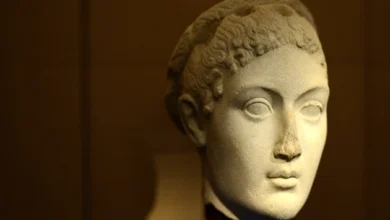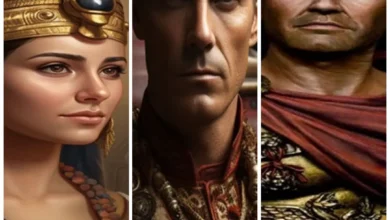True Heirs of Pharaohs: Why only Coptic Christians considered ‘Native Egyptians’
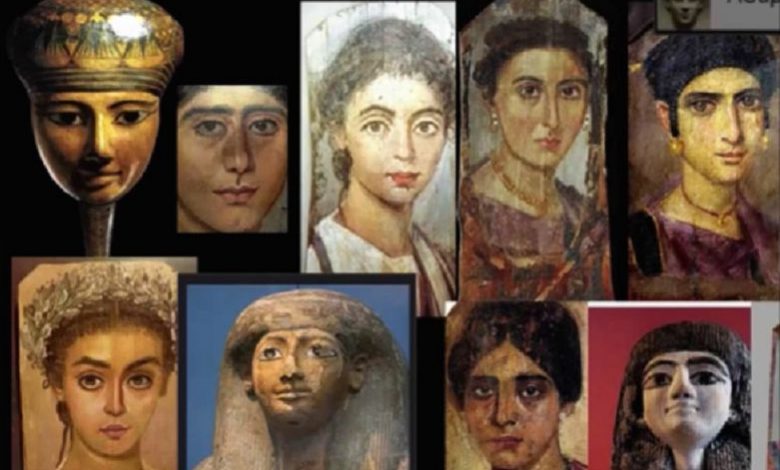
The civilization of Ancient Egypt left us with a rich heritage, which in the western is customary to admire since the time of Napoleon Bonaparte: the pyramids and the Great Sphinx, the rich history of the era of the pharaohs, and beautiful hieroglyphic writing.
Only now, a completely different country is in charge of this legacy. Even the official name of modern Egypt – the Arab Republic of Egypt – emphasizes the very conditional continuity of the Egyptians concerning those old, ancient Egyptians.
Pharaonic heirs
Copt is a twisted and simplified Greek word for Aigyuptos, meaning Egyptian. So we can say that today the Copts are called Egyptians. After the campaigns of Alexander the Great, the Egyptians became an enslaved people in their own country actually – the Greeks conquered Egypt, hence the spread of the Greek name for the local population.
Three centuries after the Greeks, the Romans came, for whom Egypt became a colony on the periphery of the empire. Grain was pumped out of the country, and the local population was taxed, including natural products. Popular uprisings were suppressed.
Gradually, Christianity began to penetrate Egypt, but this only added to the Roman authorities a reason for repression. Local Christians could be arrested, enslaved, or even executed.
When the Roman emperor Constantine himself became a Christian, the position of the Egyptian Christians changed dramatically. Gradually, most of the population adopted the new faith, and the Copts began to be perceived precisely as representatives of the local Christian community and not as the heirs of Ancient Egypt.
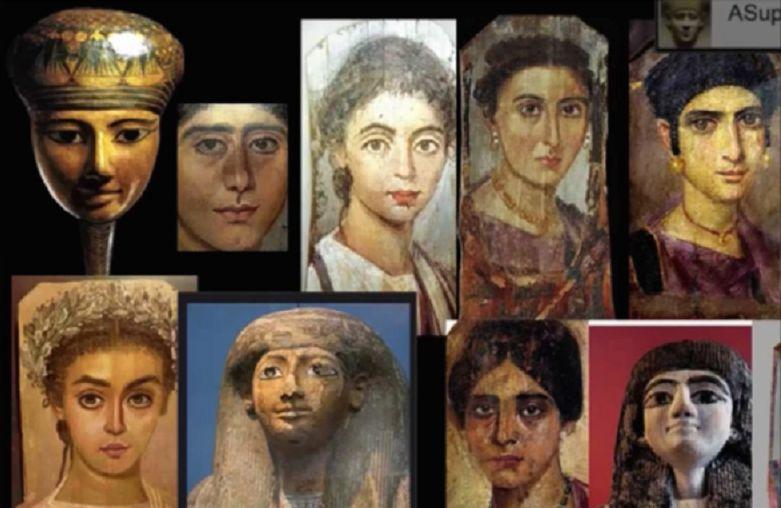
From the ancient Egyptians, they left, for example, a language. The only heir to the Egyptian language is the modern Coptic language. Of course, not hieroglyphs are used, but the alphabet is modified from Greek. In the vocabulary of the Copts, Greek words were mixed with Egyptian ones.
Christians
The Copts consider the Evangelist Mark their first patriarch. During his missionary travels after the death of Christ, Mark arrived in Alexandria and laid the foundations of the future Christian community there. But the church itself appeared much later, in the middle of the 5th century.
At that time, Christendom was rocked by controversy over basic religious tenets. One of the essential questions was understanding the human nature of Jesus Christ. Along with some other churches, Copts believed that Christ had only one, the divine essence, and denied his human side.
Such churches are usually called “Monophysite” (from the Greek combination of the word “one nature”), but the Copts themselves call themselves Orthodox.
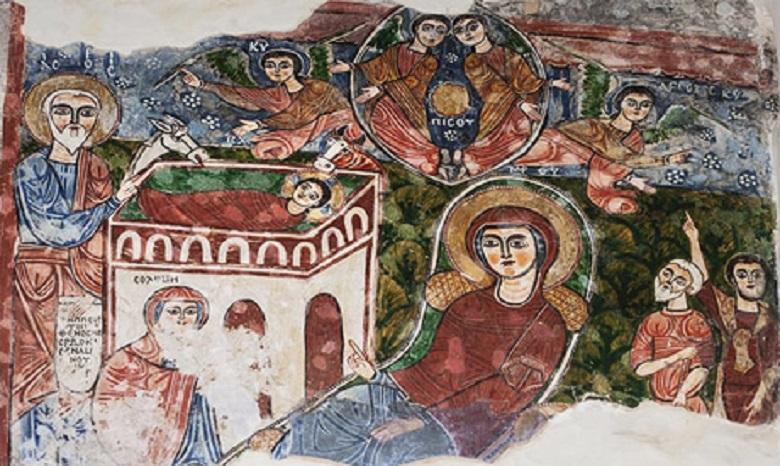
The Church of the Copts – the heirs of the ancient Egyptians – adopted some phenomena from the ancient Egyptian culture. For example, female circumcision was practiced for a long time, about which the ancient Greeks wrote. And the symbol of the Egyptian hieroglyph “ankh”, meaning “life”, because of the resemblance to the cross, began to be called the “Coptic cross” and is widely used instead of the usual image of the cross.
Always oppressed
In the 7th century, the Arabs invaded Egypt. The following change of rulers after the Greeks and Romans at first was not fundamentally noticeable: the Coptic language continued to be used as the country’s official language.
The Arabs did not suit the oppression of Christians. But gradually, over two or three centuries, their situation deteriorates, they are removed from responsible posts, special laws are issued that turn Copts into a second-class population.
After the transfer of power to the Ottoman Turks in the 16th century, Egypt became part of the Ottoman Empire. The persecution only intensified, and the Coptic language began to be replaced by Arabic gradually. Today it has ceased to be the everyday spoken language. Only in the 20th century, in independent Egypt, the direct policy of infringement on the religious minority began to come to naught, although isolated episodes of oppression are still encountered today.
Although Copts often live separately from the Arab population of Egypt – whole neighborhoods and regions, in everyday life, they speak Arabic. The Coptic language is used in worship, but they treat it more and more, as we do to Church Slavonic or Catholics to Latin. The speeches of the priests need clarification and translation.
In general, the Christian faith is the last refuge for the identification of Copts as a separate people. They have no place in politics, and the population does not exceed a tenth of the country. Some Copts are completely Islamized and no longer associate themselves with Christianity. However, the Copts remain the largest Christian community in the Middle East and do not plan to disappear, like the ancient Egyptian civilization once did.

